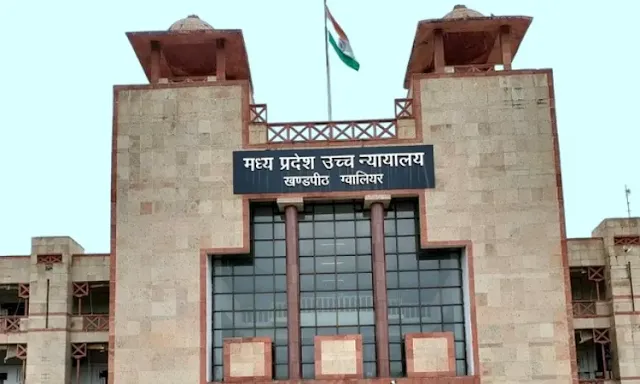Incident Leading to Disciplinary Action
The case originated when the guard was discovered sleeping during his shift at the judge's bungalow. Upon being awakened by the judge, it became evident that the guard was under the influence of alcohol. Subsequent medical examination confirmed the presence of alcohol in his system. These findings led to the initiation of departmental proceedings against him.
Guard's Defense and Departmental Findings
In his defense, the guard claimed that he had been unwell, suffering from cold and cough, and had consumed a medicinal syrup containing alcohol, which he suggested might have resulted in the detected alcohol presence. However, the departmental inquiry found this explanation unconvincing. The inquiry concluded that the guard had indeed consumed alcohol while on duty, leading to the imposition of compulsory retirement as a disciplinary measure.
Judicial Review and Court's Observations
The guard challenged the disciplinary action, leading to a judicial review by the High Court. Justice Gurpal Singh Ahluwalia, presiding over the case, emphasized the critical responsibility of security personnel to remain vigilant and sober during duty hours. The court observed that allowing a guard to consume alcohol while on duty constitutes serious misconduct, especially given their protective role. Justice Ahluwalia stated, "If a Guard is allowed to consume liquor during his duty hours, then it cannot be said to be a misconduct having no seriousness."
Proportionality of the Punishment
Addressing the severity of the punishment, the court considered whether compulsory retirement was disproportionate to the misconduct. It concluded that, given the gravity of the offense and the responsibilities inherent in the guard's position, the penalty was appropriate. The court noted that the punishment did not appear "shockingly disproportionate" to the charge, thereby upholding the decision of compulsory retirement.
Implications of the Ruling
This judgment underscores the judiciary's stance on maintaining high standards of conduct for individuals in protective roles. It highlights the expectation that security personnel must adhere to strict discipline and sobriety, especially when assigned to sensitive positions such as guarding judicial officers. The ruling serves as a precedent, reinforcing the principle that serious misconduct, particularly involving intoxication on duty, warrants substantial disciplinary measures to uphold the integrity and security of judicial institutions.










0 Comments
Thank you for your response. It will help us to improve in the future.